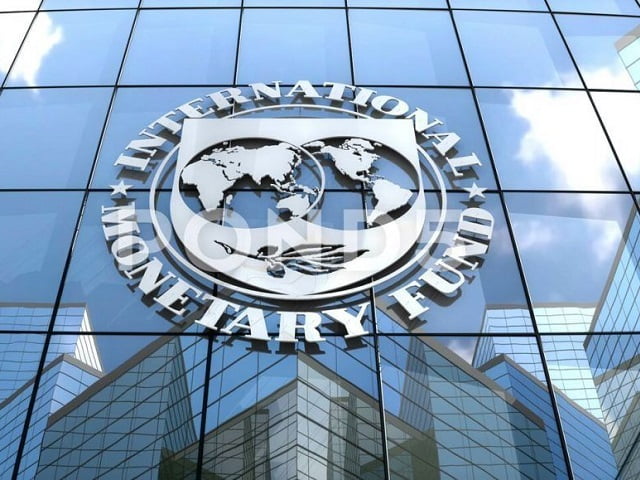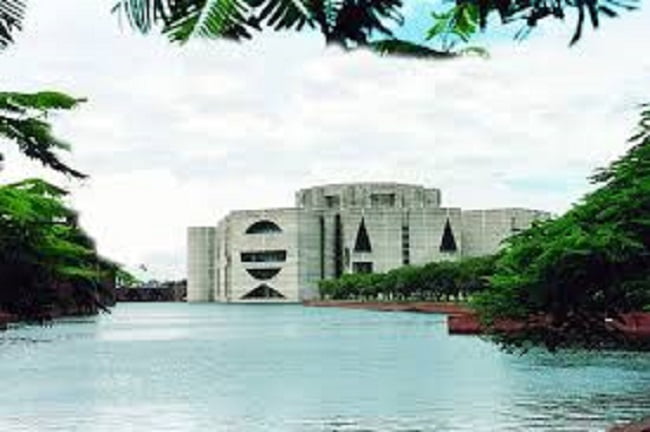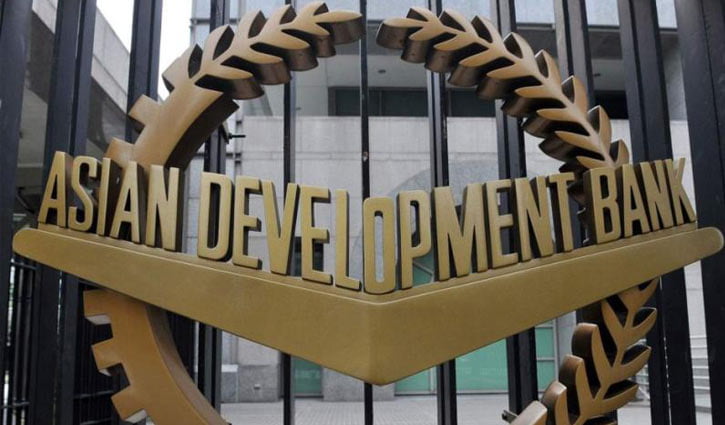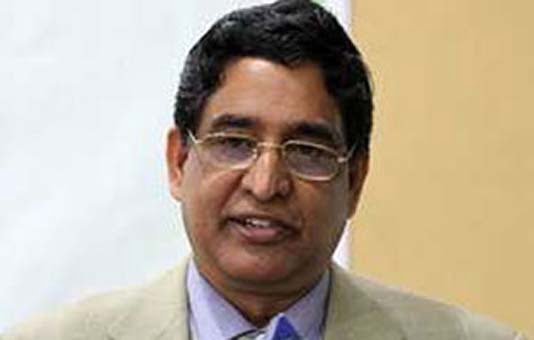Bangladesh seeks extension of EU trade benefits

Bangladesh wants the EU to continue providing the current zero duty benefit even after its graduation to a developing country as the Covid-19 pandemic is taking a heavy toll on the south Asian nation’s economy.
Bangladesh has been enjoying zero duty benefits on export since 1973 under the EU’s generous Everything but Arms (EBA) scheme, meant for the least developed countries (LDCs).
The commerce ministry sent a letter to the EU last month seeking the EBA extension, said Commerce Secretary Md Jafar Uddin.
“In the letter we did not mention any particular period or any particular scheme. We sought the continuation of the current EBA as we have been facing crisis in different ways due to the coronavirus pandemic.”
“We are ready to graduate to a developing country from an LDC in 2024 as per our previous decision,” he said.
Officially, Bangladesh will become a developing country in 2024 and three more years will be given as a grace period for preparation.
Normally, the EU does not give trade benefits under the EBA after a country’s graduation.
So, after 2027, Bangladesh will have to either be granted the GSP Plus or the extension of the current EBA to enjoy the zero-duty benefit to the EU, the destination for 64 per cent of Bangladesh’s annual garment shipment of $34 billion.
The EU has been conducting a survey on its EBA and it is expected that they will also conduct a survey on Bangladesh next month, the secretary said.
Not only the EU, Bangladesh also demanded trade facilities from the USA as the government has already assigned a special committee to attract more American investment here.
But Bangladesh might not get zero duty benefit on garment export to the USA, as the Trump administration gives zero duty benefit on export of garment items only to some African countries under the African Growth and Opportunity Act.
America allows zero duty benefit for 97 per cent of the products of the LDCs, but garment items from Bangladesh are not included in the list.
As a result, Bangladeshi exporters face 15.62 per cent duty while sending apparels to the USA, the country’s single largest export destination where over $ 6 billion worth of garment items are shipped a year.
Still, the small Asian nation has been performing strongly in the USA because of high demand for Bangladeshi goods there.
Jafar Uddin said his ministry has been working to sign Preferential Trade Agreements (PTAs) with wide product coverage with Nepal, Bhutan and Indonesia.
“The wide coverage of products under the PTAs means the agreements are nearly Free Trade Agreements [FTAs],” he said.
Regarding duty privilege to the UK after the Brexit, he said the British government has already assured the commerce ministry that it would continue providing the existing trade benefits even after separation from the EU.
“Our expectation is that the EU will extend its EBA for Bangladesh at least for 10 more years after the official graduation in 2024,” said Mohammad A Momen, a director of the Bangladesh Garment Manufacturers and Exporters Association.
The usual grace period for three years up to 2027 will not work for Bangladesh as the economy has been reeling from the coronavirus shock, he said.
The garment sector alone contributes 84 per cent of the national export and directly employs 4.1 million workers, Momen also said.
One crore more people are directly involved in the garment sector, which has also empowered numerous women, said Momen, also a professor of the Institute of Business Administration of Dhaka University.
Moreover, Bangladesh sheltered more than 10 million Rohingyas and the country’s contribution is lauded for peacekeeping worldwide, he said.
“We have invested billions of US dollars in the sector and backward linkage industries. We need more trade benefits from the EU and other developed countries for our development.”
The Chinese garment sector is 80 years old whereas the business began in Bangladesh only 40 years ago, he said. “So, extension of the trade privilege for us is logical,” he also said.
Bangladesh will face competition in the EU market after graduation as Vietnam has already signed an FTA with the European Union.
Some 74 per cent of Bangladesh’s export earnings come under the preferential trade as an LDC. Of the percentage, 64 per cent comes from the EU and 10 per cent from Japan, Canada and other developed countries.
Bangladesh’s export will decline by 5.7 per cent annually if the EBA is not extended and the local exporters will have to face an 8.7 percent duty to the EU.
Bangladesh needs to think for the GSP Plus status to the EU after the graduation, said Ahsan H Mansur, executive director of the Policy Research Institute.
The EU has already granted GSP Plus to many countries after the graduation.
To avail the benefit, Bangladesh needs to improve in four core areas, such as protection of environment, labour rights, curbing corruption and human rights.
Moreover, Bangladesh will have to ratify the 27 UN Conventions for the EU trade facility.
The plea of Bangladesh in getting GSP Plus to the EU is strengthened further due to the financial losses from the Covid-19, the economist said.Report:TDS










